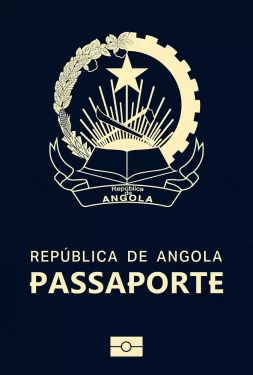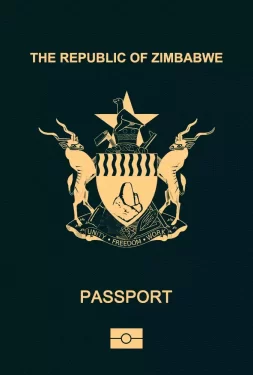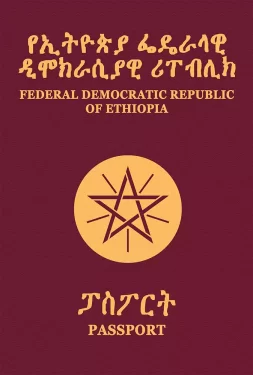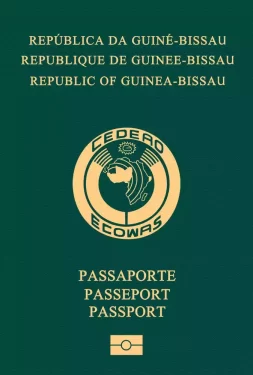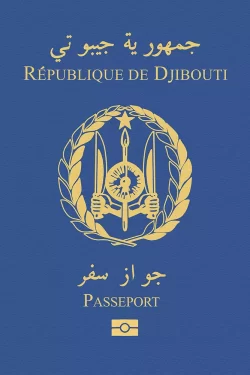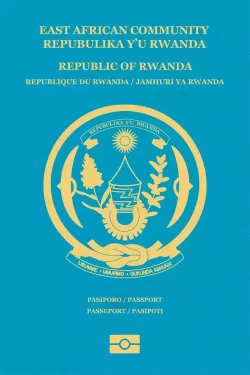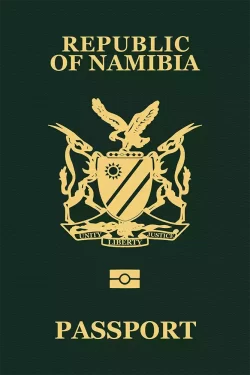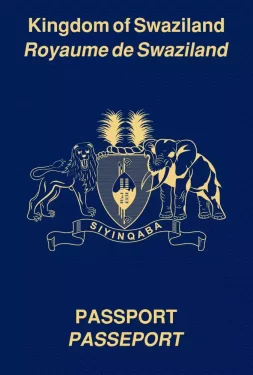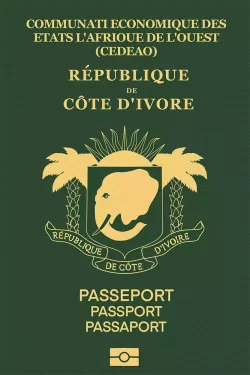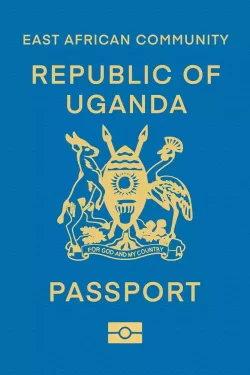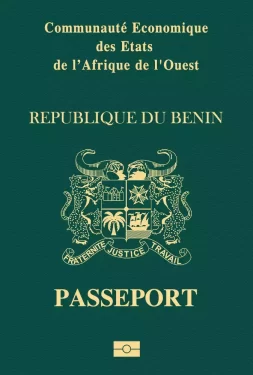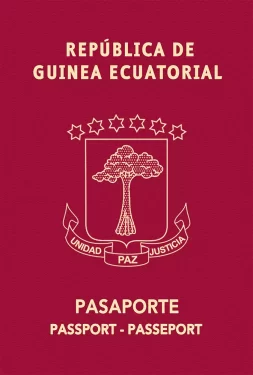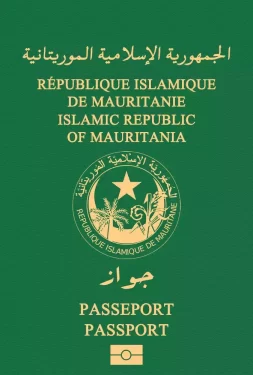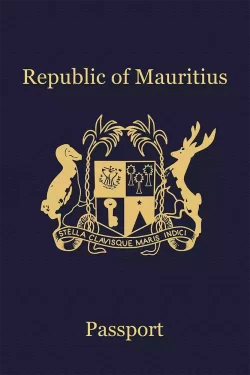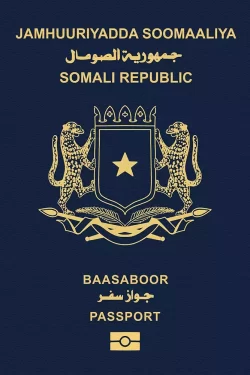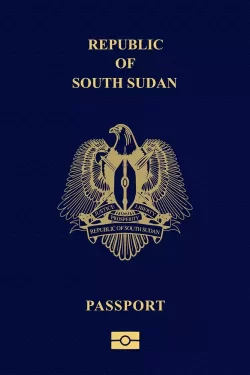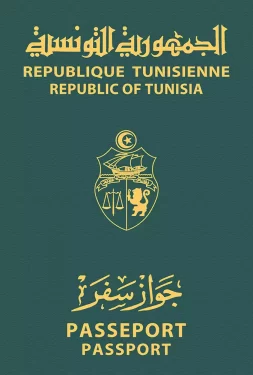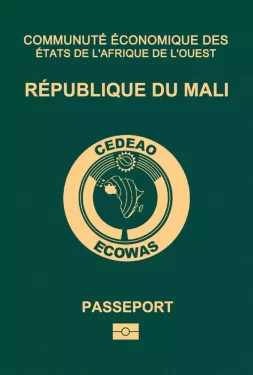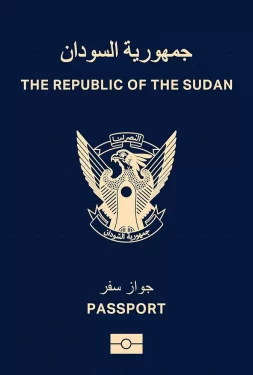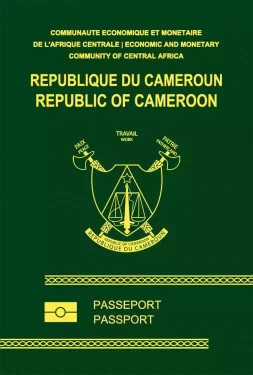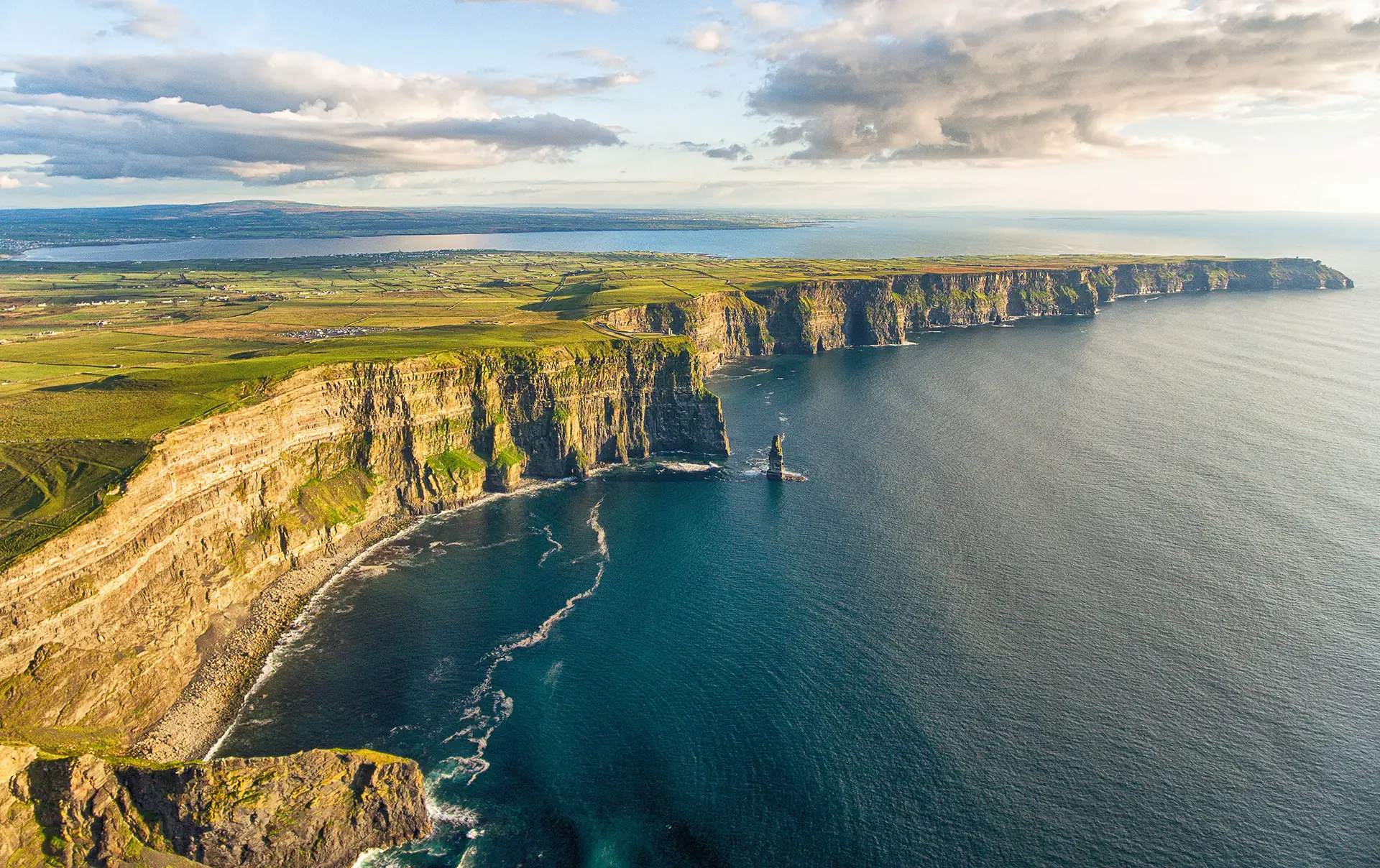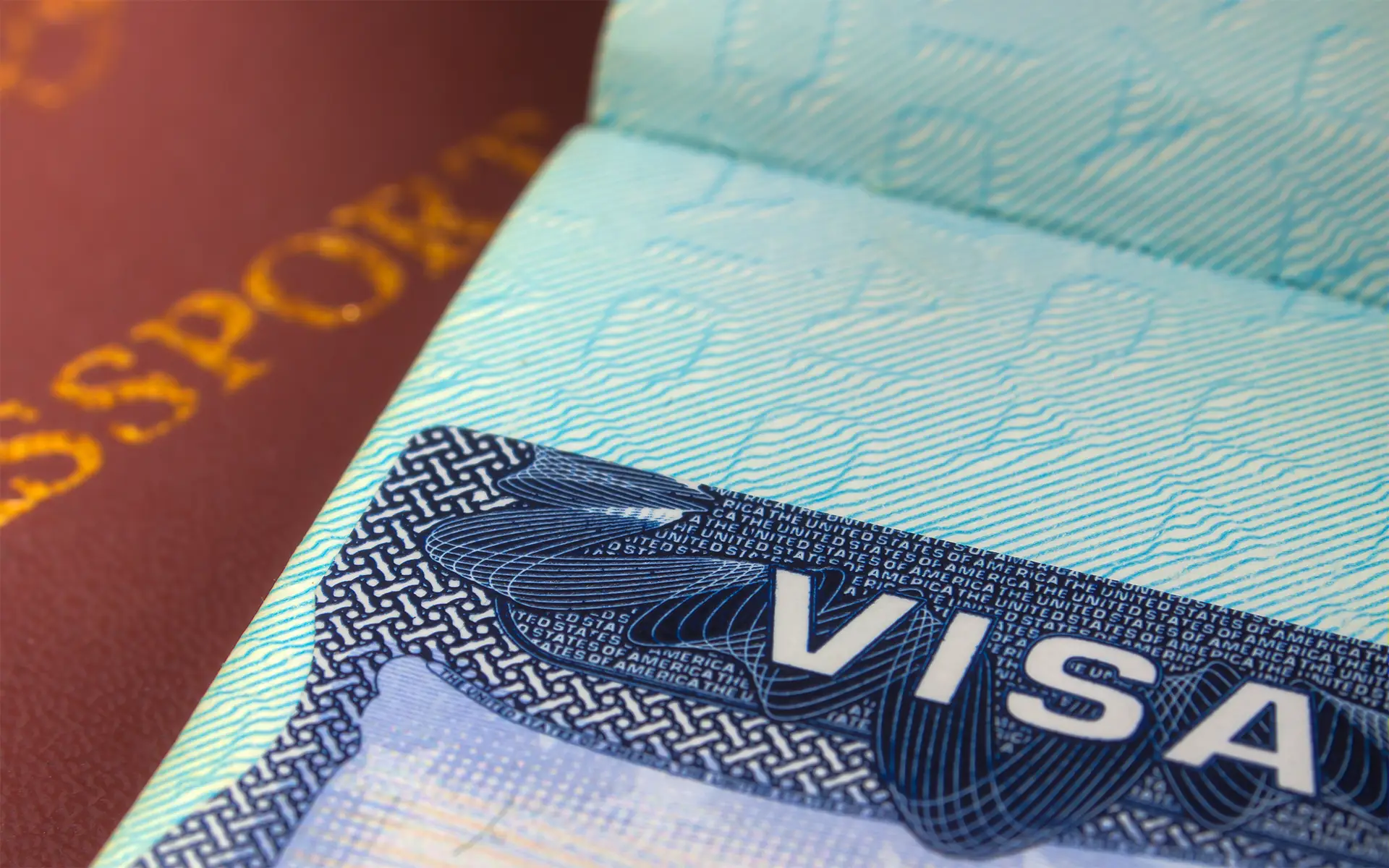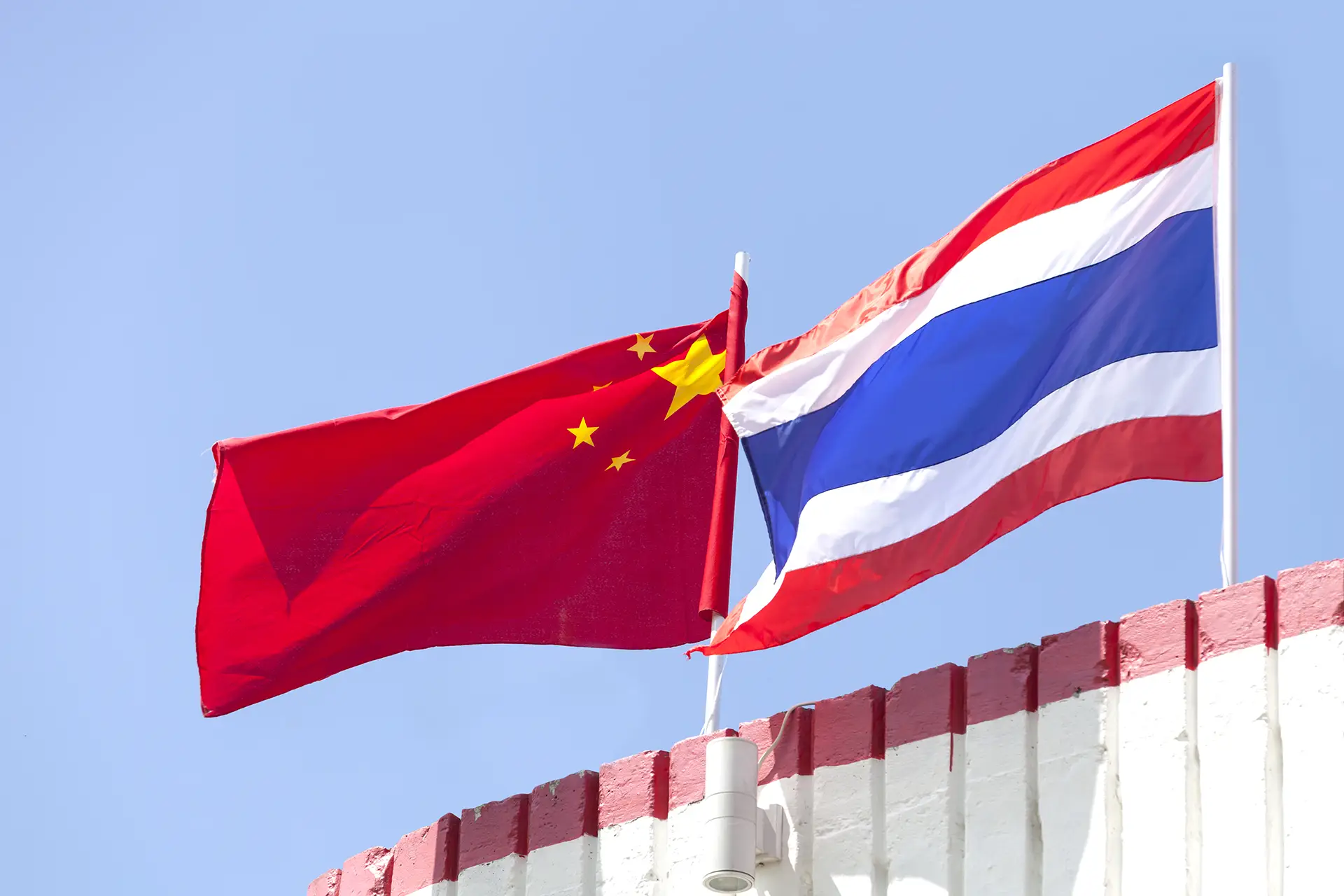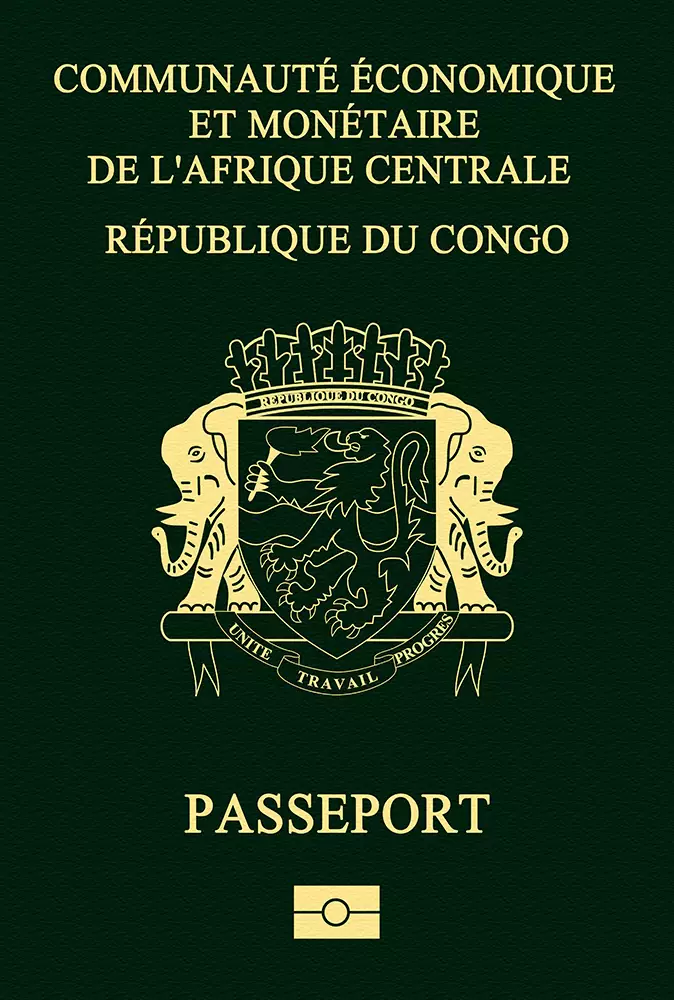
Congo
Congo passport ranking
The Congolese passport is currently ranked 91st place on the Guide Passport Index. It provides visa-free access to 49 destinations. Congolese passport holders have visa-free access and visas on arrival to countries such as Philippines and Singapore. Congolese citizens require a visa to enter 180 destinations in the world such as China, Russia, the United States and the entire European Union. This high visa requirement results in a very low mobility score.
Congo Passport Ranking
The Congo passport ranking relative to other global passports is calculated by adding up the number of countries that allow Congo passport holders to enter without a visa (i.e. visa-free countries) and those that allow Congo passport holders to enter by obtaining a visa on arrival (i.e. visa-on-arrival countries) or electronic travel authorization (eTA). There are currently a total of 20 Congo passport visa-free countries, 26 Congo visa-on-arrival countries, and 3 eTA destinations.
Altogether, Congo passport holders can enter a total of 49 destinations—either without a visa, through a visa on arrival, or via an eTA. As a result, the Congo passport ranks 91 in the world.
Separate from these Congo visa-free countries and visa-on-arrival countries, there are 180 additional destinations in which Congo passport holders either need a physical visa to enter or an eVisa (i.e. visa required countries).
About Congo
The Republic of the Congo is a former French colony. Located in Central Africa it consists of 86 districts. It borders Angola, the Democratic Republic of the Congo, Gabon, Cameroon, and the Central African Republic. The most important districts are Brazzaville, Pointe Noire and Cuvette. The Republic of the Congo is the 27th largest country in Africa with a surface area of 342,000 square kilometers. Its climate is generally tropical with high temperatures and humidity. Its terrain is characterized by plateaus, plains, and basins.
The overall population is over 5.2 million people. The capital of the country is Brazzaville, which is also the largest city with more than 2.3 million inhabitants. Other important cities of the nation are Pointe Noire, Dolisie, and Nkayi. The largest airport is Maya Maya International Airport (BZV). It has an approximate yearly passenger traffic of 900,000 people. It connects the country to destinations across Africa and to France.
The Republic of the Congo gained independence from France in 1960. Its culture is dominated by a mix of tribal and French heritage. The main religion of the country is Christianity (88%). The official language of the nation is French. The legal system is based on the French civil and customary law. The government form is a presidential republic. President Denis Sassou-Nguesso is the elected chief of state and the head of government is Prime Minister Clement Mouamba. Elections take place every 5 years.
The official currency of the country is Central African CFA franc (XAF) with the current exchange rate being XAF 600 to the USD. The Congo has an open economy, generating a GDP of approximately $14.4 billion. This makes it the 30th largest economy in Africa. It has a per capita income of $2,945. The GDP-contributing sectors are services, industry, and agriculture. Its output is a mix between agriculture and a large industrial sector based on oil extraction and refinery. The main export products are oil, cement, lumber, cassava, and sugar.
The Republic of the Congo is a developing tourism destination offering limited attractions. It is known for its wildlife and national parks. There is one natural UNESCO World Heritage site. The main tourist activities are primate tracking such as gorillas and animal watching. Some destinations are the Parc National d’Odzala, the Capital Brazzaville, Pointe Noire and the Lac Télé Reserve. The Republic of the Congo welcomes 351,000 tourist visitors a year.
